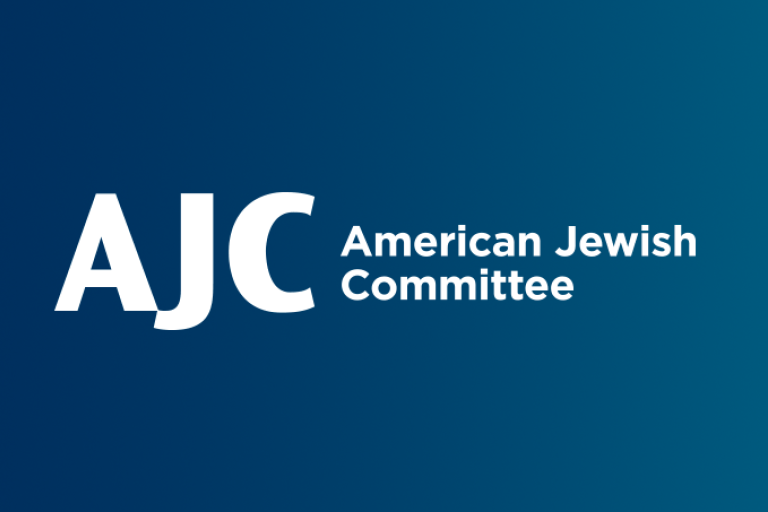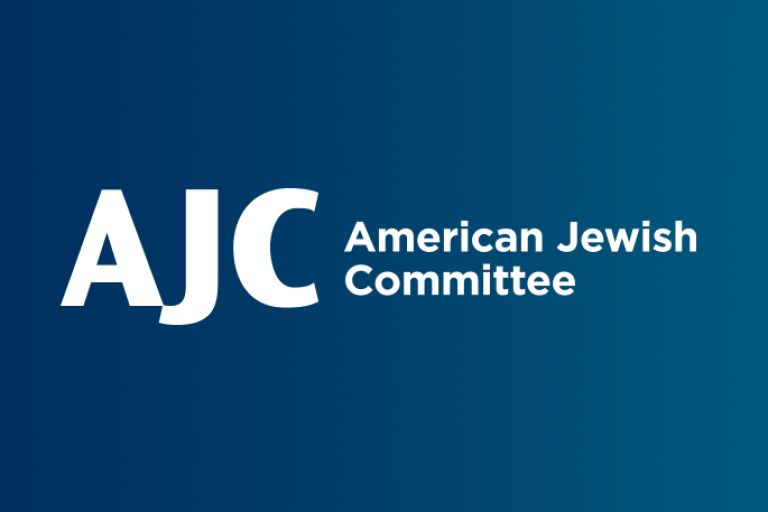April 22, 2021 — New York
The Muslim-Jewish Advisory Council (MJAC) praises the passage of the Jabara-Heyer National Opposition to Hate, Assaults, and Threats to Equality (NO HATE) Act, 94-1, as an amendment to the COVID-19 Hate Crimes Act in the U.S. Senate.
The NO HATE Act will improve hate crime reporting by incentivizing state and local authorities with grants for law enforcement trainings, reporting hotlines, resources to liaise with affected communities, and public educational forums on hate crimes. Grants will be authorized from existing funds and managed through the Department of Justice. The legislation also amends the penalties for hate crimes to allow courts to require offenders to undertake educational classes or community service related to the victim’s community as a condition of release.
“MJAC has advocated for the passage of this bill since it was introduced in the previous Congress. The Jabara-Heyer NO HATE Act will be a strong step forward in helping to stem the terrible rise in violence motivated by hatred we have seen in this nation,” said MJAC Co-Chair Stanley Bergman.
“We applaud the Senate for this vote and call on the House of Representatives to pass this important legislation. The bipartisan effort and nearly unanimous support for this bill confirms that combating hate crimes and safeguarding minorities is the responsibility of all Americans,” said Co-Chair Farooq Kathwari.
MJAC is a civil society coalition established by American Jewish Committee (AJC) and Islamic Society of North America (ISNA). Founded in 2016, MJAC brings together civil society, religious, and business leaders from across the U.S. to advocate for domestic policy issues of common concern.
MJAC’s national council, and eleven regional councils in Dallas, Detroit, Houston, Kansas City, Los Angeles, Louisville, Miami, New Jersey, New York, Philadelphia, and Washington, D.C., represent a network of hundreds of Muslim and Jewish leaders committed to working together for the good of both communities and the country. MJAC stands at the forefront of those confronting hatred against religious minorities and has made stemming the rise in hate crimes a key advocacy area of focus.


